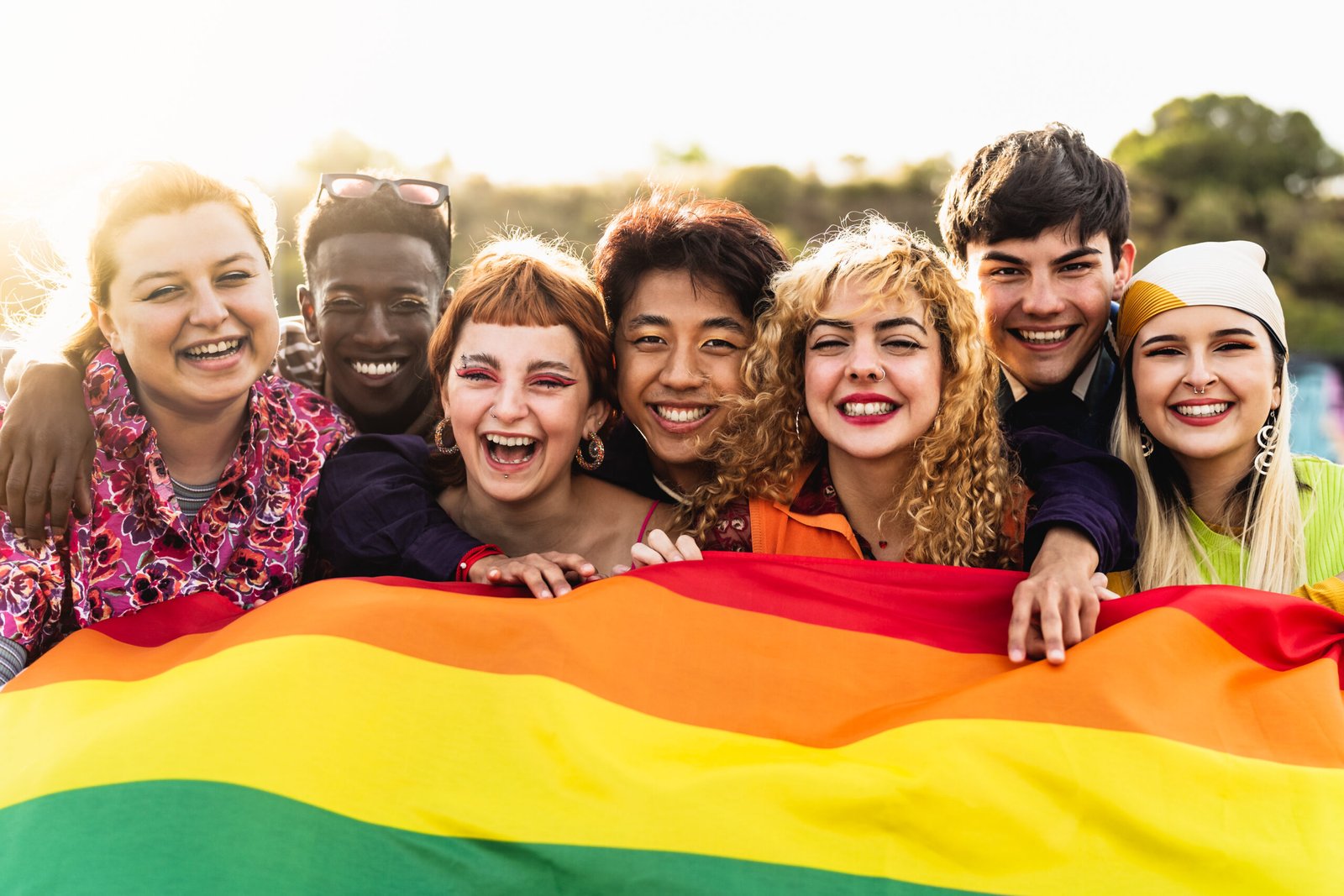Introduction
Definition of Mental Health in the LGBTQ Community
Mental health in the LGBTQ community encompasses the psychological, emotional, and social well-being of individuals who identify as lesbian, gay, bisexual, transgender, queer, or other non-heteronormative identities. It addresses both the challenges and strengths associated with navigating societal attitudes, discrimination, and self-acceptance.
Importance of Addressing Mental Health Issues
Understanding and addressing mental health concerns within the LGBTQ community is crucial for promoting overall well-being and reducing disparities in healthcare access and outcomes. By acknowledging and addressing these challenges, individuals can lead healthier and more fulfilling lives.
Understanding Mental Health in the LGBTQ Community
Common Mental Health Challenges
Members of the LGBTQ community often face higher rates of mental health issues compared to the general population. These may include depression, anxiety, substance abuse, and suicidal ideation. The stressors of societal stigma, discrimination, and rejection contribute to these disparities.
Intersectionality: How LGBTQ+ Identity Affects Mental Health
The intersectionality of LGBTQ identities with other marginalized identities, such as race, ethnicity, and socioeconomic status, further compounds mental health challenges. LGBTQ individuals from diverse backgrounds may experience unique stressors and barriers to accessing support services.
Stigma and Discrimination Stigma and discrimination against LGBTQ individuals can have profound effects on mental health, leading to internalized shame, low self-esteem, and social isolation. Fear of rejection from family, friends, and society at large can prevent individuals from seeking help when needed.
Promoting Mental Well-being
Access to Support Services
Ensuring access to affirming and culturally competent mental health services is essential for supporting the well-being of LGBTQ individuals. This includes therapy, support groups, and helplines staffed by professionals who understand the unique challenges faced by the community.
Creating Safe Spaces
Creating inclusive and supportive environments, both online and offline, can foster a sense of belonging and acceptance for LGBTQ individuals. LGBTQ community centers, pride events, and online forums provide opportunities for connection and peer support.
Advocacy and Policy Changes
Advocating for policies that protect the rights and well-being of LGBTQ individuals is critical for creating systemic change. This includes advocating for comprehensive nondiscrimination protections, inclusive healthcare policies, and educational initiatives that promote acceptance and understanding.
Strategies for Coping and Healing
Cultivating Resilience
Building resilience is key to coping with the challenges of being LGBTQ in a heteronormative society. This includes developing coping skills, building supportive networks, and finding strength in one’s identity and community.
Seeking Professional Help
Seeking professional help from therapists or counselors who are affirming and knowledgeable about LGBTQ issues can provide valuable support and guidance. Therapy can help individuals navigate identity-related concerns, manage stress, and build healthier relationships.
Community Support and Peer Networks
Connecting with other LGBTQ individuals through support groups, social events, or online communities can provide a sense of solidarity and validation. Peer support networks offer opportunities for sharing experiences, seeking advice, and finding understanding among peers.
FAQ’s
- What are some common mental health issues in the LGBTQ community?
- Common mental health issues in the LGBTQ community include depression, anxiety, substance abuse, and suicidal ideation.
- How does discrimination impact mental health?
- Discrimination against LGBTQ individuals can lead to internalized stigma, low self-esteem, and increased risk of mental health issues.
- What resources are available for LGBTQ individuals seeking mental health support?
- LGBTQ individuals can access mental health support through therapy, support groups, helplines, and LGBTQ-affirming healthcare providers.
- How can allies support the mental health of LGBTQ individuals?
- Allies can support LGBTQ individuals by advocating for inclusive policies, challenging discrimination, and providing emotional support and understanding.
- Is conversion therapy still practiced, and what are its effects? Conversion therapy, a harmful practice aimed at changing a person’s sexual orientation or gender identity, is still practiced in some places despite being widely discredited. It can lead to psychological trauma, depression, and suicide risk.
- How can LGBTQ individuals overcome internalized stigma?
- LGBTQ individuals can overcome internalized stigma through self-acceptance, seeking supportive communities, and challenging negative beliefs about themselves.
Conclusion
In conclusion, addressing mental health in the LGBTQ community requires a multifaceted approach that acknowledges the unique challenges faced by individuals with diverse identities. By promoting acceptance, providing support services, and advocating for policy changes, we can create a more inclusive and affirming environment where LGBTQ individuals can thrive.




